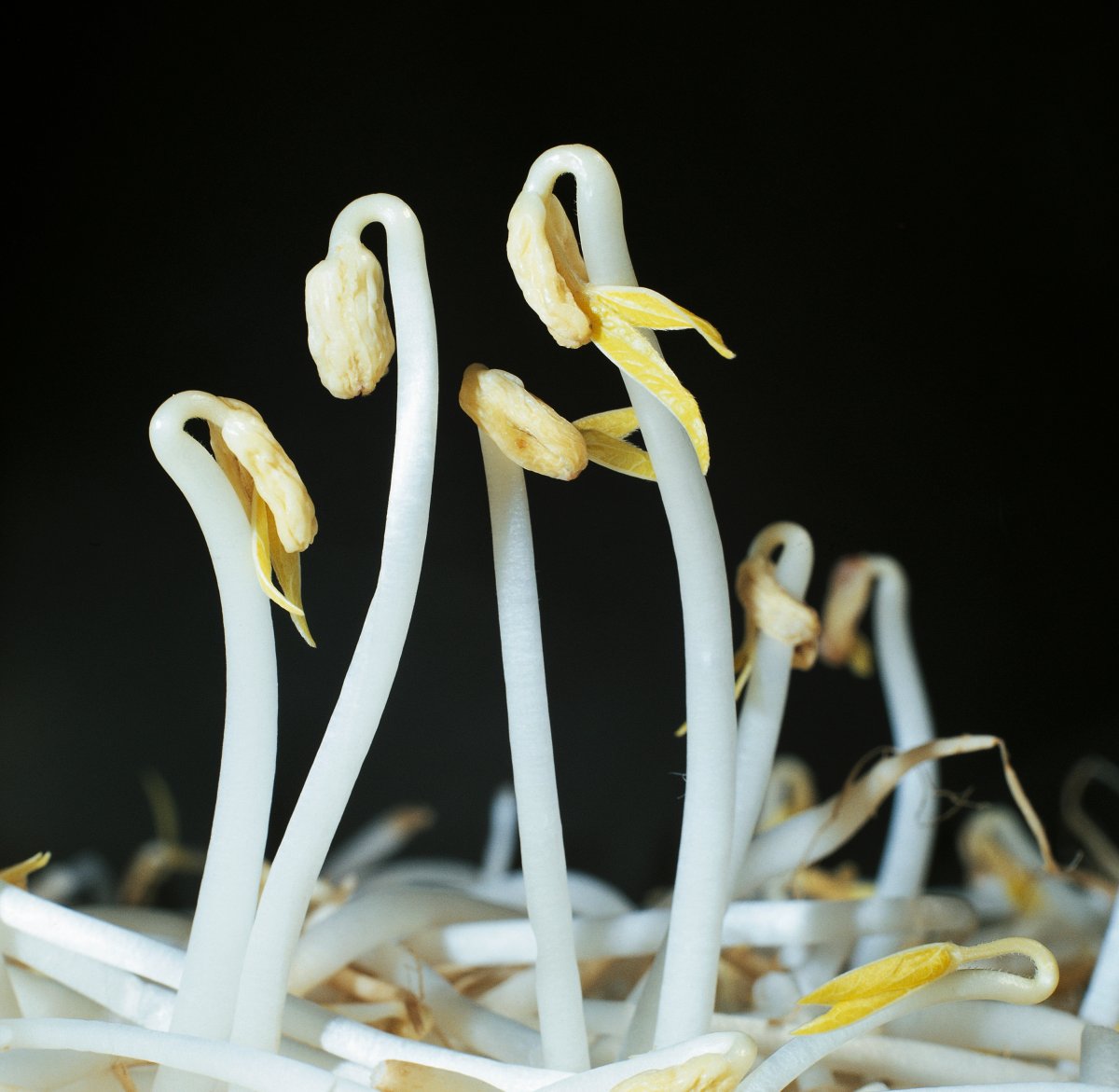They’re healthy toppings on your salads and sandwiches, but a new report is warning that sprouts have been tied to thousands of food poisoning cases, nearly 200 hospitalizations and three deaths.

In a new report, the U.S. Food and Drug Administration said that contaminated sprouts have caused serious food poisoning outbreaks over the past two decades.
“Sprout contamination continues to pose a serious public health concern,” the scientists tied to the American federal agency said.
READ MORE: Here’s why your bagged salad is a food poisoning risk
From 1996 to August 2016, there have been 48 outbreaks tied to sprouts — alfalfa sprouts caused the most issues with 30 outbreaks alone, according to reports. In that timeframe, more than 2,500 people got sick, and another 186 were hospitalized, the report said.
Seven outbreaks were linked to clover spouts, and six outbreaks were tied to mung bean sprouts.
Salmonella was the bacteria most often found in the contaminations, followed by E. coli and Listeria.
READ MORE: 5 things a Canadian food safety expert will never eat
Alfalfa, radish and bean sprouts are of utmost concern to Dr. Rick Holley, a University of Manitoba professor emeritus. He’s been working in the food sector since 1979 and still runs an active food safety program out of the Winnipeg-based school.
When produce is chopped up for convenience, the juices in the fruits and vegetables aren’t compartmentalized anymore because their cell walls are broken. Now, bacteria can grow at room temperature as they mix and mingle.
“Vegetables and fruits are now given a shelf life in a processed state when they shouldn’t have any shelf life at all,” Holley said.
With sprouts, seeds can be contaminated with salmonella, E.coli, or listeria. They’re stored for days at a time, allowing the seeds to grow, but also giving room for bacteria to fester in the seeds’ moisture. It’s the “perfect broth” for foodborne illnesses.
“I do not eat sprouts, unless they’re cooked,” Holley said.
WATCH: Raw oysters, steak tartare and runny eggs – those are just some of the foods Dr. Rick Holley, a veteran food safety expert, won’t touch.

The researchers behind the FDA report pointed to the same issue: when sprouts are grown, their seeds are placed in a warm environment — ideal conditions for bacteria to thrive. If seeds are contaminated, the germs only multiply within the crop.
Earlier this week, new research warned that even bagged salads are at risk because the precut greens help salmonella grow and fester, even in the refrigerator.
READ MORE: Canadian man hospitalized after eating worms in homemade salmon sushi
“Salad leaves are cut during harvesting and we found that even microlitres of the juices — less than 1/200th of a teaspoon — which leech from the cut ends of the leaves enabled salmonella to grow in water, even when it was refrigerated. These juices also helped the salmonella to attach itself to the salad leaves so strongly that vigorous washing could not remove the bacteria, and even enabled the pathogen to attach to the salad bag container,” Dr. Primrose Freestone, the study’s lead author, said.
carmen.chai@globalnews.ca
Follow @Carmen_Chai
- Buzz kill? Gen Z less interested in coffee than older Canadians, survey shows
- Naloxone-resistant street drug linked to 9 deaths in Eastern Canada seized in Alberta
- Bird flu risk to humans an ‘enormous concern,’ WHO says. Here’s what to know
- ‘She gets to be 10’: Ontario child’s heart donated to girl the same age




Comments